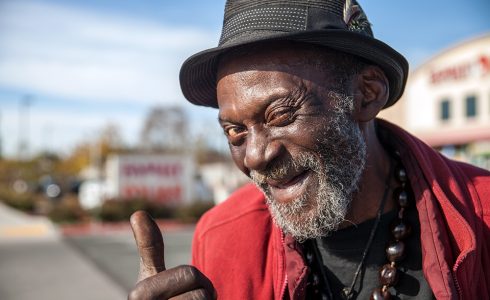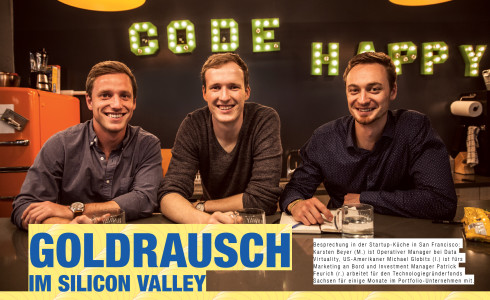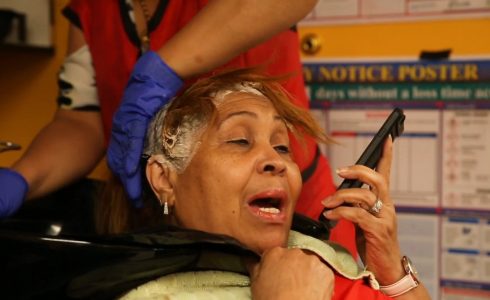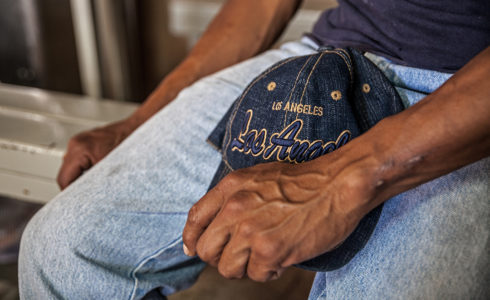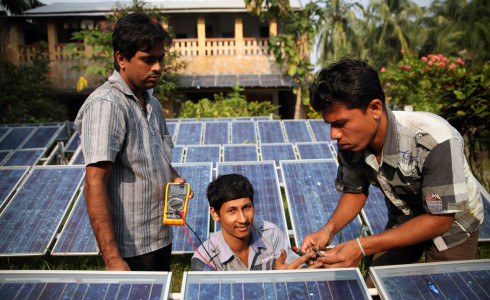Tough selection, soft landing: Is Canada’s immigration policy as good as its image?
Translation of my German-language radio documentary (19mn), broadcast by Deutschlandfunk (German public radio) on Nov 23, 2021 >>
Canada opened its borders to people of all nationalities in the 1960s, provided they had the right qualifications. The German government is discussing whether this could be a model for them. But critics say Canada’s often idealized immigration system is classist and encourages exploitation.

